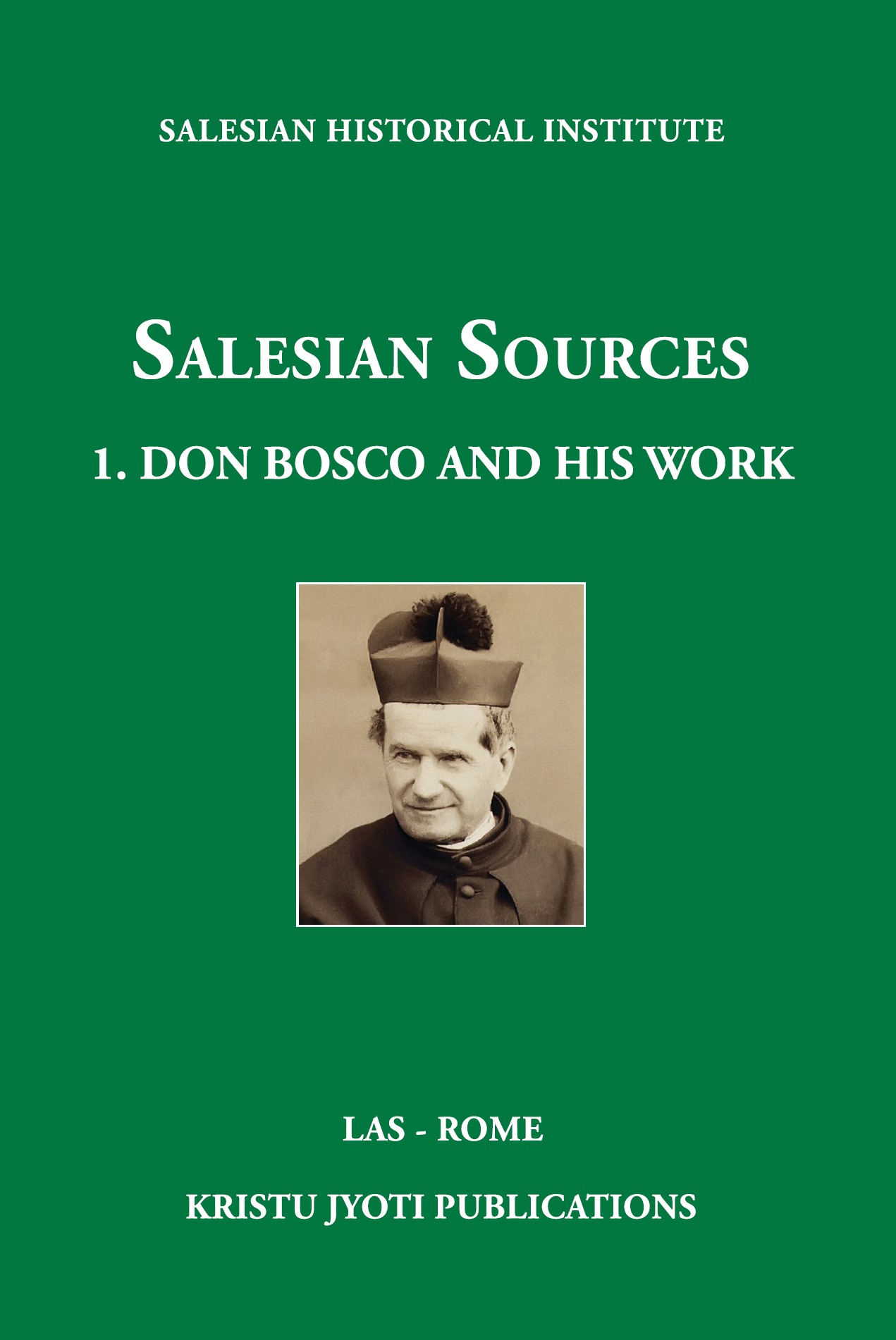In the years immediately preceding and following Italian Unity (1858-1866), Don Bosco kept constantly in touch with Pius IX by letter. He did this not only for interests directly relating to his work, but also in reference to the worrying situation the Church was going through in Piedmont, to encourage him in his defence of the faith against the enemies of religion, and to pass on to him any likely reserved information in his possession. As already indicated, Don Bosco was with Pius IX and his Secretary of State, Card. Antonelli, on the Roman question. Slowly however, he became convinced that a too vigorous resistance to the “revolution” was becoming ever more pointless, even risked worsening the situation, so after the capture of Rome he chose, also politically, the principle of doing whatever good could be done.
Here then, we reproduce ten reserved letters he sent the pontiff over the years of Italian Unity, using people he could trust, not the normal post which Don Bosco knew was controlled by the public authorities.
In 1858 he was concerned with the unresolved question of the bishop of Turin, archbishop Fransoni. On his journey to Rome he was involved in this by the brother of the president of the Council, Marquis Gustavo Cavour (no. 54).
The following year he informed the pontiff of the possible infiltration of“revolutionaries” into the Papal States and the imminent proposal, by Government, of candidates for vacant Episcopal sees (no. 55). Still in 1859 he communicated his disapproval of the expansionist policy of the Kingdom of Savoy to the detriment of the Papal States and of his constant efforts to defend the faith of the people and the education of his boys (no. 56).
He had similar concerns the following year even if he had some hope that after this difficult moment the Church would have the final triumph (no. 57). On the vigil of the proclamation of the new Kingdom of Italy, including territories taken from the Papal States (1860), he repeated the same concerns and hopes, despite not excluding a possible new expulsion of the Pope from his See in Rome (no. 58).
In his letters in 1863-1864 he noted the essential stability of the situation (nos. 59, 60), while in a letter in 1865 he indicated that the suffering caused by marriage legislation about to be approved by parliament was compensated by the joy of beginning the building of the church of Mary Help of Christians and his hopes for the approval of the Salesian Society and its Constitutions (no. 61).
The following year (1866) he returned both to the matter of Papal approval for this, and to the difficult question of Church-State relationships (no. 62).
Some years later, in 1873, he announced the Pope’s awaited exile in prophetic and symbolic language (no. 63), before returning to Rome. The value of this message was owed to the fact that it came from someone whose earlier predictions had come true.
Reference time period: 1858 – 1873
Salesian Historical Institute, Salesian Sources 1: Don Bosco and his work. Collected Works, LAS – Kristu Jyoti, Rome – Bangalore, 2017, 217-237.
Reference institution:
Istituto Storico Salesiano
